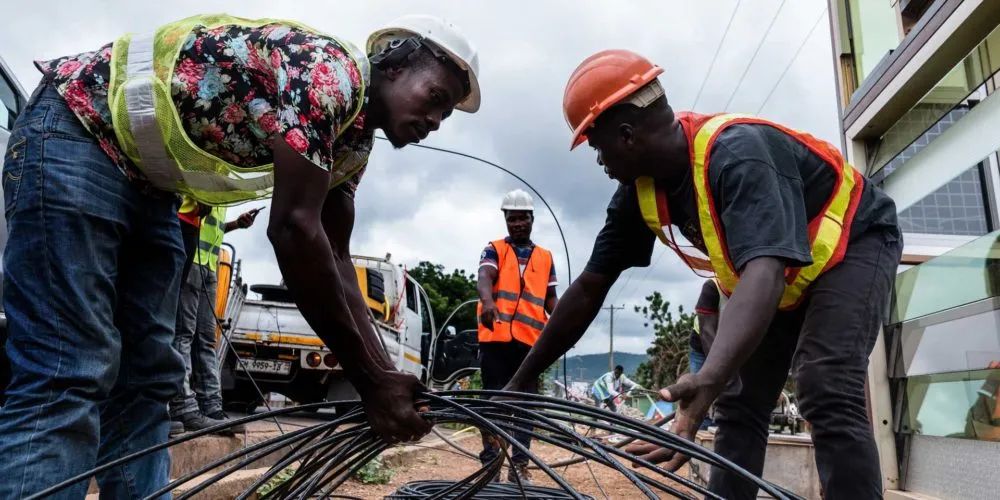Digitization is changing the fundamental pattern of social and economic activities. The universal adoption and practical application of digital technology can altering traditional business models, create pathways to development yielding significant efficiency, and improve productivity gains in the global marketplace. The growth level of digital adoption in Lesotho is lagging due to the lack of comprehensive national digital policy direction and evaluation arrangement for advancing digital development, affordability issues, lack of internet-enabled devices, low demand, poor digital skills, weak human capital development, a limited pool of skilled labor, and a small domestic market are all factors to consider.
However, the Lesotho Rapid eTrade Readiness Assessment shows that, while the mountainous, landlocked country has just recently entered the digital era, it is yet to fully harness the resources that can pull two million Basotho out of poverty. Although the digital economy has a lot of potential for improved public service delivery, the Lesotho government's efforts in this area appear to be fragmented and delayed. A holistic view of the economy of developed countries shows the need for technological transformation in this sector.
Lesotho's digital platform landscape is highly fragmented with a lack of interoperability framework. Amongst the countries in the SADC region, South Africa, Mauritius, and Seychelles are the top three countries in B2C (Business to Customer) e-commerce readiness and internet usage. Lesotho is currently focusing on harnessing digital technology from a consumer-based economy to producer and export-driven economies to bridge the digital divide amongst these nations. Lesotho connects to the Southern African Development Community, which has 16 members, via three main submarine cables that run through South Africa. This community facilitates economic development for its member states because of its directives as a collective growth group.
Projects such as the deployment of undersea fiber cable and the SADC Declaration on Information and Communication Technologies, urging member states to prioritize rural and isolated areas and underserved metropolitan regions of benefit, are all critical steps toward e-commerce-enabled regional trade. Despite this, the majority of individuals in rural areas are still without access to the internet.
Lesotho may benefit from the digital economy if it concentrates on a few key areas: affordable internet access, local technology investment, and improved regulation. However, it must meet several requirements to be successful. These necessities include dependable and affordable infrastructure, payment legal and regulatory frameworks, financial solutions, and the ability to respond to the digital economy's needs. Despite what appears to be solutions, the general population has a low level of trust in the internet and e-commerce, resulting in limited internet use for business and deterring further adoption hence, one of the difficulties the administration must address is public awareness. If Lesotho improves its legislation, promotes digital capacity development programs, works on trust, and leverages its good telecommunications connectivity, It can improve the performance of its digital ecosystem.






